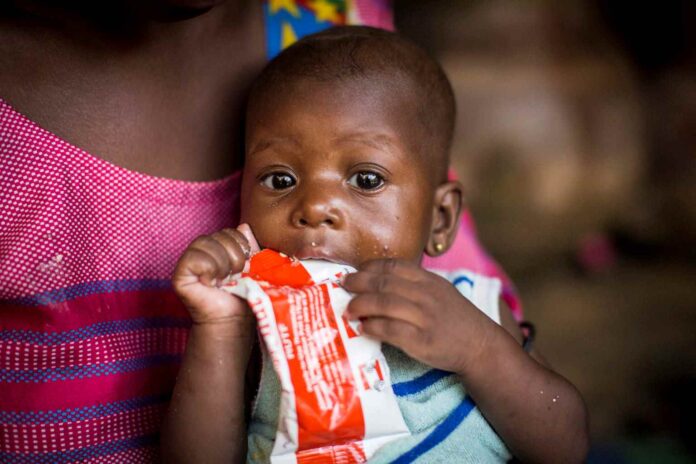Have you found yourself with an excess of baby food but don’t know where to take it so that it can be donated? Whether you are no longer in need of baby food due to you having more than one child or your children simply growing out of their baby food phase, there are plenty of people who could benefit from some donated baby food. Here’s the answer to where can I donate baby food near me? And the process through which you can find the answer to the question, where can I donate baby food near me? is quite simple as well!
Finding a place near you
There are several options you can explore if you want to donate baby food near you. The first step is to start looking on your local food bank website. Many of these organizations will offer either a page dedicated entirely to donations, or they will list specific programs within their main website that are designed for infant and toddler food donations.
If your city doesn’t have an organization near you, check out any major hospitals in your area; they often provide free diapers and baby formula to low-income families and may be able to accept donated items from private donors as well. In addition, find a local charity focused on serving families in need; many of these organizations arrange regular donation drives for cloth diapers or powdered formula.
How does it work?
When you’re done feeding your baby, there are several ways to dispose of excess food. First, check with your local pediatrician to see if they have a program in place to accept unused baby food; you can also drop it off at hospitals, firehouses, or even police stations. On a larger scale, you can also donate any unopened jars of baby food to AAM Nation Care (if not already expired). Many member food banks work with AAM Nation Care; all you need is one of their red bags and a marker. Proceeds from donated jars go back into programs that provide meals for low-income families and individuals.
The charities that take donations
When it comes to donating baby food, you might be surprised at how many organizations accept donations. You can donate baby food to your local Salvation Army or homeless shelter. There are also a number of national organizations that take in donations of baby food and other products for infants, including AAM Nation Care, Canned Foods for Children, Operation Under Cover Care, Children’s Hunger Relief Program, and Share Our Strength’s No Kid Hungry campaign.
You can also contact a local hospital or food bank about making a donation of any unused goods from your child’s first year, including bottles and formula. Some hospitals will even send someone out to pick up your donation. Check with these places before you throw anything away to see if they’ll take it off your hands, so it doesn’t end up in landfills.
Benefits of donating baby food
If you’re in a position to donate baby food, there are quite a few benefits. One of these benefits is that you can use coupons and save money on your baby food purchases. This can be helpful for any parent who is struggling financially or parents-to-be who want to start a collection before their child is born. You can also feel great knowing that your donations are going to families who truly need them. When donating large amounts of items such as baby food, it’s important to contact local charities or organizations directly instead of dropping them off at donation centers like AAM Nation Care.
Reasons why people don’t donate baby food
People often don’t donate baby food because they don’t know what to do with it. It can seem overwhelming even to figure out where to bring it and how to handle it once you get there. Some people might think that baby food has an expiration date, so they throw it away instead of donating it. Those are all valid concerns, but there are many ways around them!
Conclusion
The FDA (Food and Drug Administration) recommends feeding your baby breast milk or formula until they are at least 6 months old. After that, solid foods can be introduced. If you’re not sure where to get high-quality baby food, check out stores like Target and Costco. Other major retailers might also have quality baby food, but they may be more expensive than other options.
Of course, if you need help with anything else related to starting a family, speak with your doctor. They can provide valuable advice on topics like fussy eaters and how much nutrition babies need at each stage of development. You should also visit Childbirth Connection’s website for additional information about breastfeeding and early childcare topics such as SIDS (sudden infant death syndrome).
Thank you for reading!


